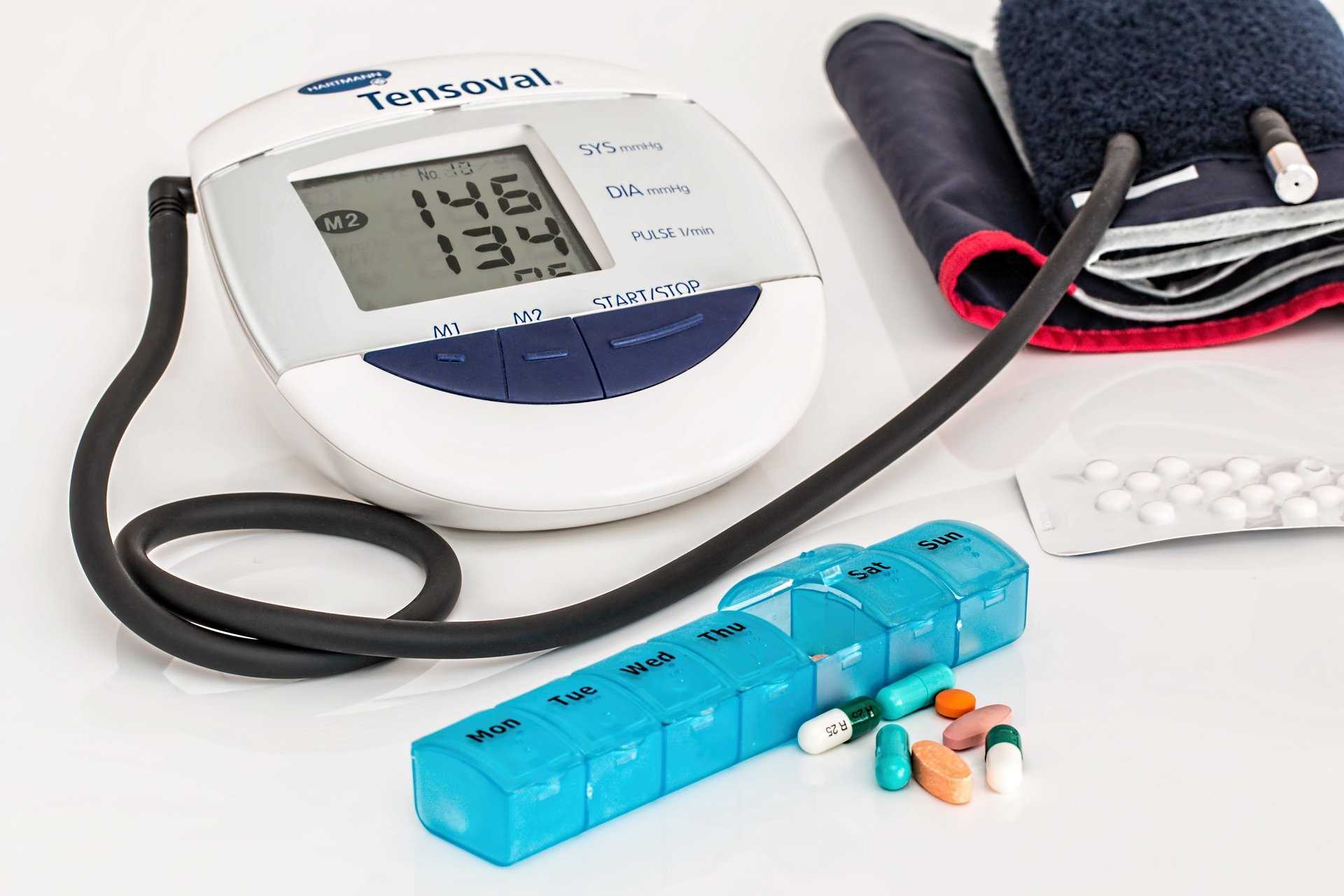
Hypertension (high blood pressure) is a common and critical condition. If left untreated, hypertension can damage blood vessels and overwork the heart. This can lead to several life-threatening medical problems, such as heart failure, kidney failure, and dementia. If a Veteran is diagnosed with hypertension, they should see if they meet qualifications to receive service connection for the condition. Once their hypertension is service connected, the Veteran can then seek service connection for any medical condition that hypertension may cause or aggravate.
The easiest way to obtain VA disability for hypertension is to have a diagnosis that dates back to service. However, given the many transfers some Veterans faced while in service, they may not have been able to establish the consistent medical care needed to obtain a diagnosis. At the very least, many Veterans have multiple blood pressure measurements scattered throughout their service treatment records. Assuming these measurements meet the VA’s requirements of hypertension, a diagnosis in service may not be necessary.
The VAs requirements for hypertension are much higher than what is generally accepted for a diagnosis. While the Mayo Clinic states hypertension is diagnosed with a systolic pressure of at least 130 mm Hg or a diastolic pressure of at least 80 mm Hg, VA regulations require an average systolic pressure of at least 160 mm Hg or an average diastolic pressure of at least 100 mm Hg to receive VA disability for hypertension. If a Veteran with a current hypertension diagnosis had elevated blood pressure while in service, the Veteran should obtain a medical opinion or nexus letter from their doctor noting the Veteran’s current diagnosis started in service.
Another possible way to obtain service connection for hypertension is secondary to another condition. Secondary conditions are disabilities that arise or are exacerbated by a current service connected condition. Many common service connected conditions that can cause hypertension include diabetes, sleep apnea, and PTSD. Again, the key is to obtain a medical opinion or nexus letter. A Veteran should always request a letter from their doctor that provides a well explained link between the service-connected condition and their hypertension. Without a medical opinion, the VA will likely blame a Veteran’s hypertension on other conditions such as obesity, alcohol consumption, or age.
Since the VA requires such high measurements for hypertension, many Veterans may obtain service connection but with a 0 percent rating. This is particularly true if the Veteran has been taking medication for a few years. If a Veteran obtains a 0 percent rating for their hypertension, it may be worth contacting a VA accredited attorney to ensure that 0 percent is the appropriate rating for the Veteran’s particular set of circumstances. Nevertheless, even if a Veteran only has a 0 percent rating, they may still seek service connection for other conditions their hypertension causes or aggravates.
Getting service connected for certain conditions such as hypertension can be difficult. If you have been denied VA disability for hypertension, contact Berry Law. We can help you appeal your decision and fight for disability compensation you are entitled to.
Our monthly newsletter features about important and up-to-date veterans' law news, keeping you informed about the changes that matter.